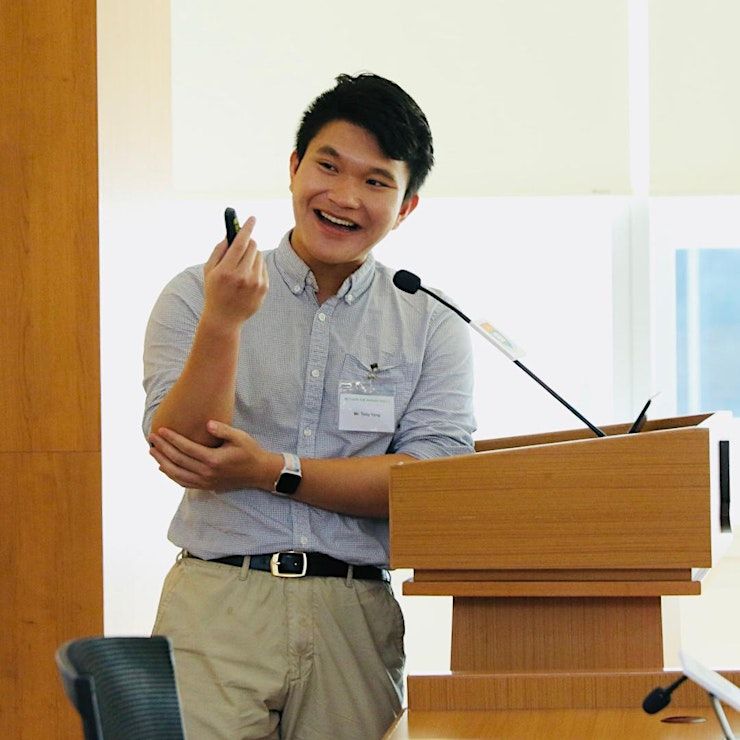![TONY YANG: Censorship in China: Restricting Speech Normalizes Control [ECR]](https://img.evbuc.com/https%3A%2F%2Fcdn.evbuc.com%2Fimages%2F888941053%2F287584058748%2F1%2Foriginal.20241031-152921?auto=format%2Ccompress&q=75&sharp=10&s=753855613c8dfa483ac2435e9bcaa470)
About this Event
China has one of the most sophisticated censorship apparatuses in the world. However, since the Internet was introduced to China in the 1990s, the structure of censorship remained fragmented across various government agencies, primarily targeting content deemed most threatening to the regime, such as posts that could incite mass protests.
In 2014, under Xi Jinping’s leadership, efforts to centralize and consolidate control over cyberspace were implemented. This centralization led to a more assertive approach to censorship, broadening its scope beyond overtly political content to include seemingly benign posts, such as tabloid gossip and entertainment discussions. Previously tolerated platforms focused on non-political subjects, including dating and entertainment apps, began facing new restrictions. Even economic discussions, traditionally given more leeway, were systematically censored.
This shift has contributed to what I term the normalization of censorship. I argue that as censorship expands beyond politically sensitive topics to include non-political issues, Chinese citizens become desensitized to its pervasive nature. This desensitization reduces the likelihood of backlash against both the censorship apparatus and the regime. Drawing on a dataset of 28 million censored posts from China’s two largest social media platforms, WeChat and Weibo, and two original survey experiments in China, I demonstrate that (1) the majority of censored content is indeed unrelated to politically threatening issues, and (2) citizens exposed to both political and non-political censorship show less backlash and higher support for censorship and the regime compared to those exposed solely to political censorship. These findings underscore how the normalization of censorship plays a critical role in sustaining authoritarian control in contemporary China.
ABOUT THE SPEAKER
is a Postdoctoral Prize Research Fellow in Politics at Nuffield College, University of Oxford. Starting Fall 2025, he will be joining the Department of Political Science at Emory University as an Assistant Professor.

NOTES
MCI’s ECR Workshops are lunchtime seminars held in person at the Manchester China Institute. They seek to bring together students, faculty, and staff who can best provide feedback as Early Career Researchers develop their ideas. Free lunch will be provided.
Event Venue & Nearby Stays
Manchester China Institute, 178 Waterloo Place, Manchester, United Kingdom
GBP 0.00












